About The Symposium
This symposium is hosted by The Einstein Foundation and organised by eLife Community Ambassadors. It will explore topics related to the decolonisation of knowledge, representation of research from local communities in non-WEIRD countries, multilingualism in Open Science and how Open Science, if done wrong, will compound inequities.
Where
Online Symposium followed by Einstein Foundation Award in Berlin. Information about how to access the event will be sent to the participants.
When
Thursday to Friday
1-2 December 2022.
The Organising Team
This symposium is dedicated but not limited to Early Career Researchers who will define the future research culture and incentives that drive researchers’ behaviours and is therefore organized by Early Career Researchers (ECRs). The international team is selected through eLife. An open call among the 128 eLife ambassadors and champions of which six candidates have been chosen to best represent the different continents. The team is also supported by researchers from Oxford in Berlin, Berlin University Alliance, eLife and BIH QUEST Center. More information can be found in the section below.
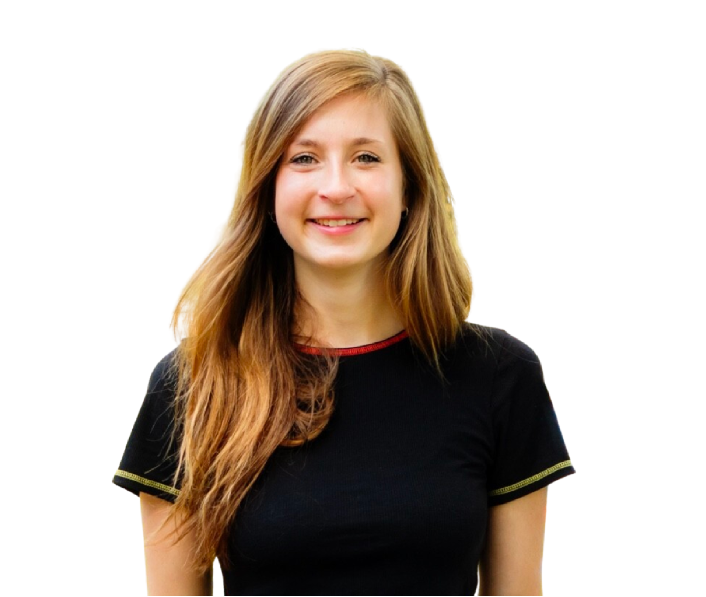
Verena Haage
Postdoctoral fellow at the Center for Translational and Computational Neuroimmunology at Columbia University
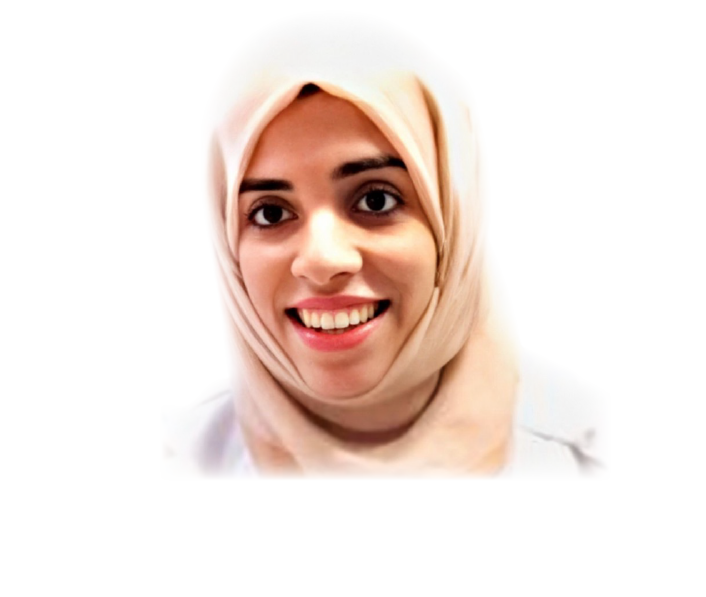
Batool Almarzouq
Computational biologist affiliated with the University of Liverpool in the UK and KAIMRC in Saudi Arabia
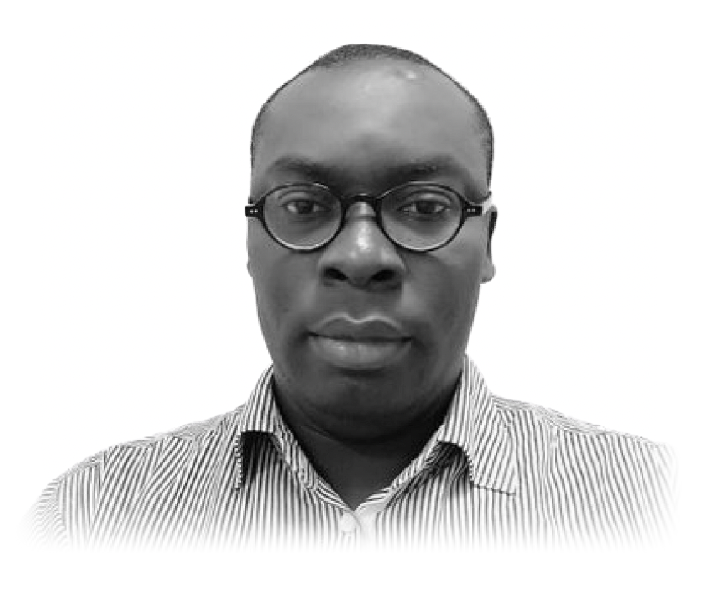
Samuel Eziuzor
Postdoc at the Applied Microbial Systems Ecology Lab of the School of Engineering, University of British Columbia
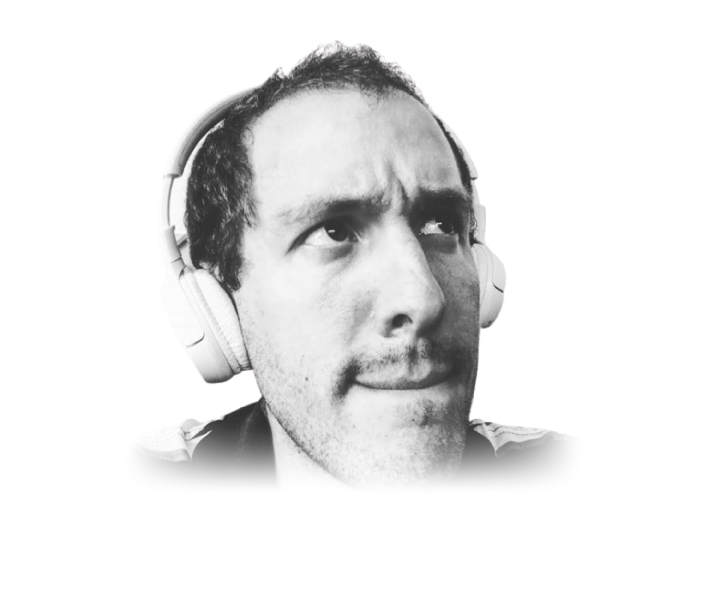
Renato Augusto Corrêa dos Santos
Post-doctoral researcher in the field of bioinformatics at University of Campinas
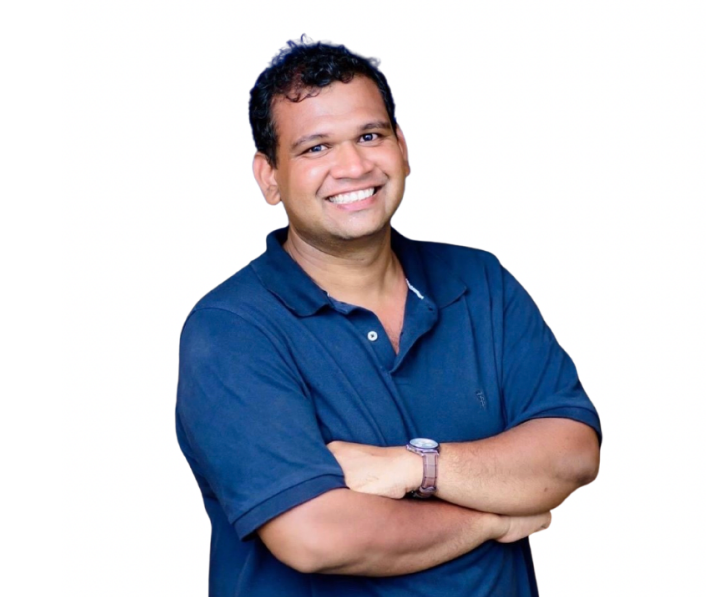
Nalaka Wijekoon
Neuroscientist affiliated with the Faculty of Medicine and Health Sciences, Maastricht University
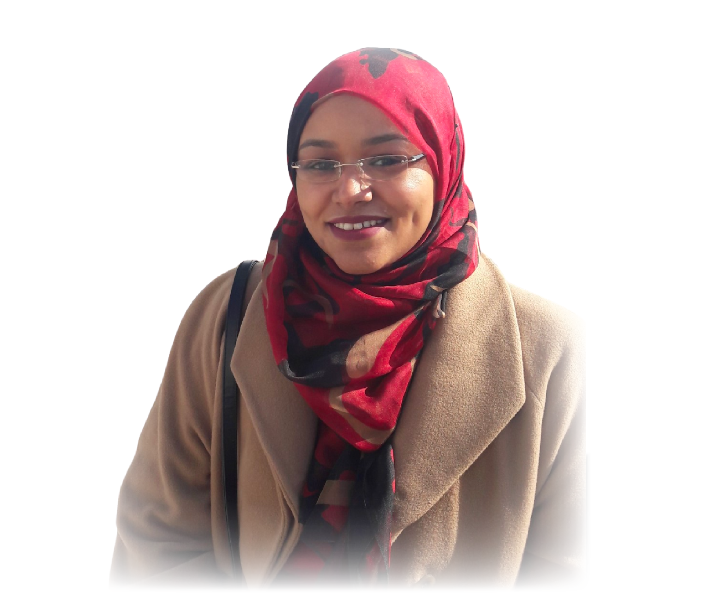
Lamis Yahia Mohamed Elkheir
Pharmaceutical chemistry lecturer at the faculty of Pharmacy in the University of Khartoum
Event Schedule
In a two-day virtual symposium on December 1–2, we will explore “Global Dynamics in Responsible Research”.
All times in Central European Time (CET, UTC+1)
Opening Ceremony
Welcome & Intro.
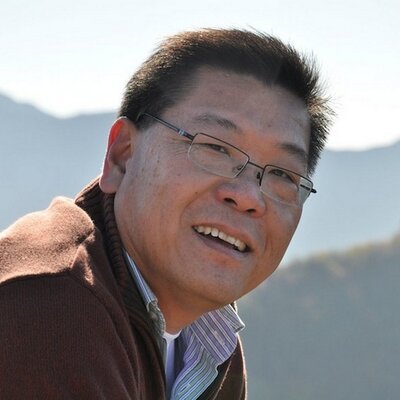
Keynote Leslie Chan
Knowledge Equity and Socially Responsible Research.
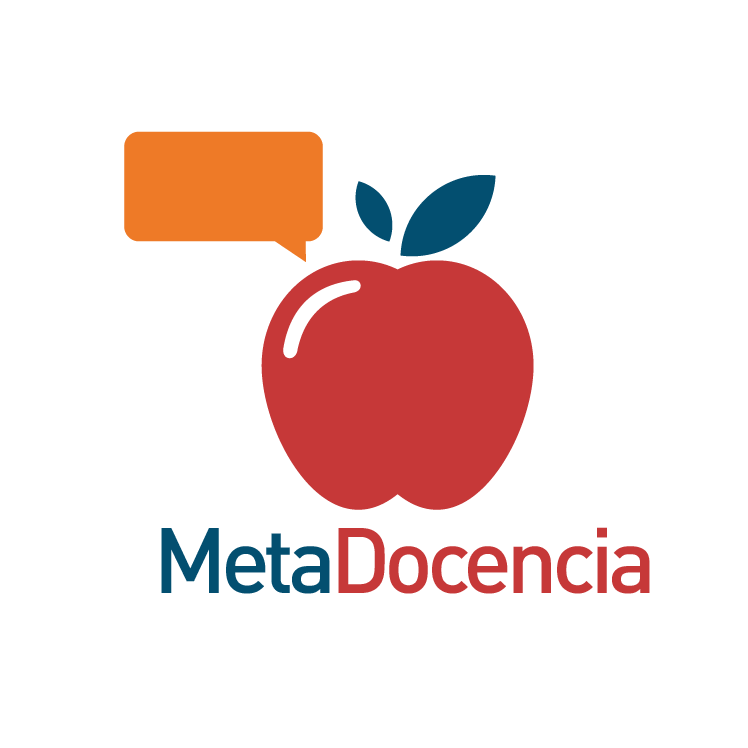
Short Talk Paz Míguez & Laurel Ascenzi
Co-creating and Teaching Open Science from the Global South
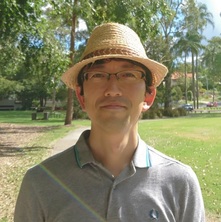
Short Talk Tatsuya Amano
Is non-English-language literature important in science?
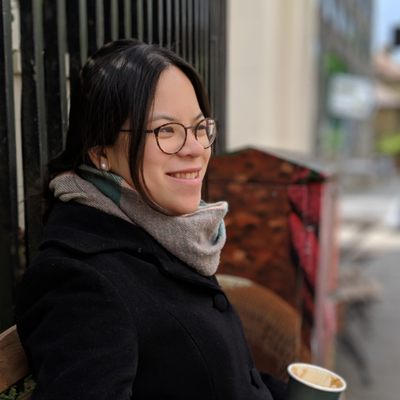
Short Talk Emmy Tsang
Open infrastructure for whom?
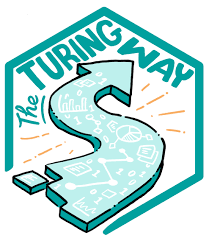
Parallel workshop 1: Melissa Black, Anne Lee Steele
Exploring the internationalisation and localisation for Open Science through the Turing Way, Hands-on Workshop.
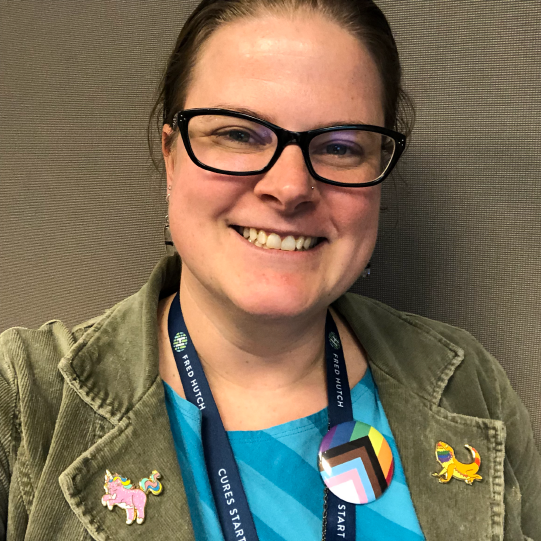
Parallel workshop 2: Kate Hertweck
Open science beyond research scientists, Hands-on Workshop
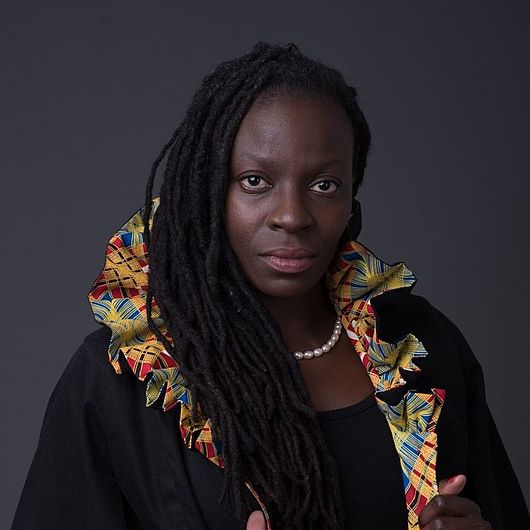
Closing Keynote Joy Owango
Democratizing research through open access.
Opening Ceremony.
Welcome and Intro.
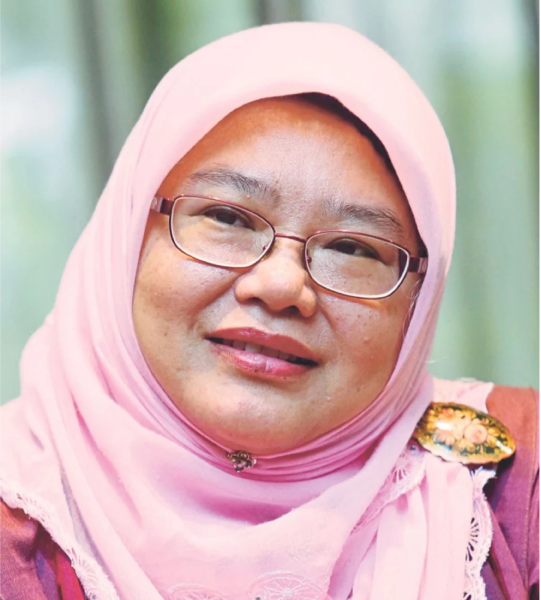
Keynote Noorsaadah Abd Rahman
MOSP - Malaysia’s initiative towards Open Science.
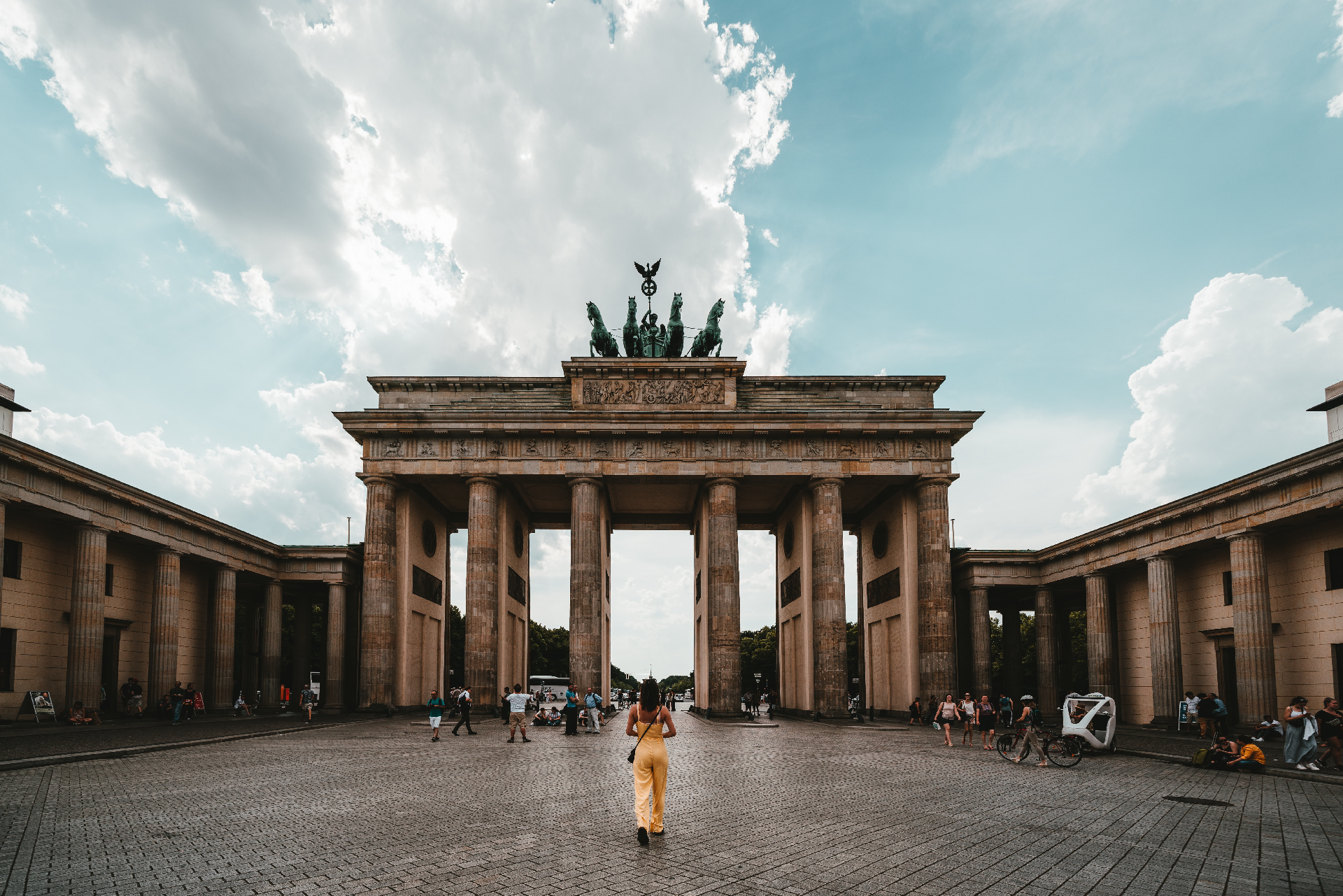
Einstein Foundation Award Finalists
Nicholas DeVito, Jessica Flake, Elisa Bandini & Tom Hardwicke.
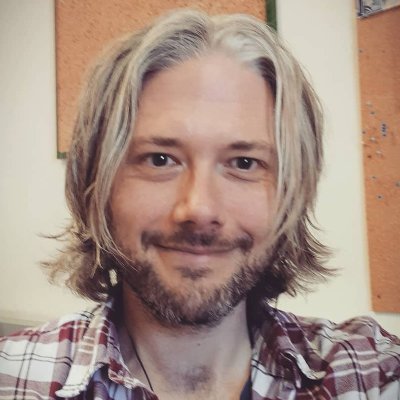
Short Talk Tony Ross-Hellauer
Open Science, done wrong, will compound inequities.
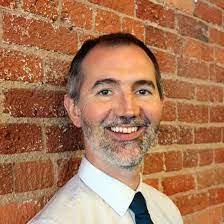
Short Talk Damian Pattinson
eLife’s new publishing model.
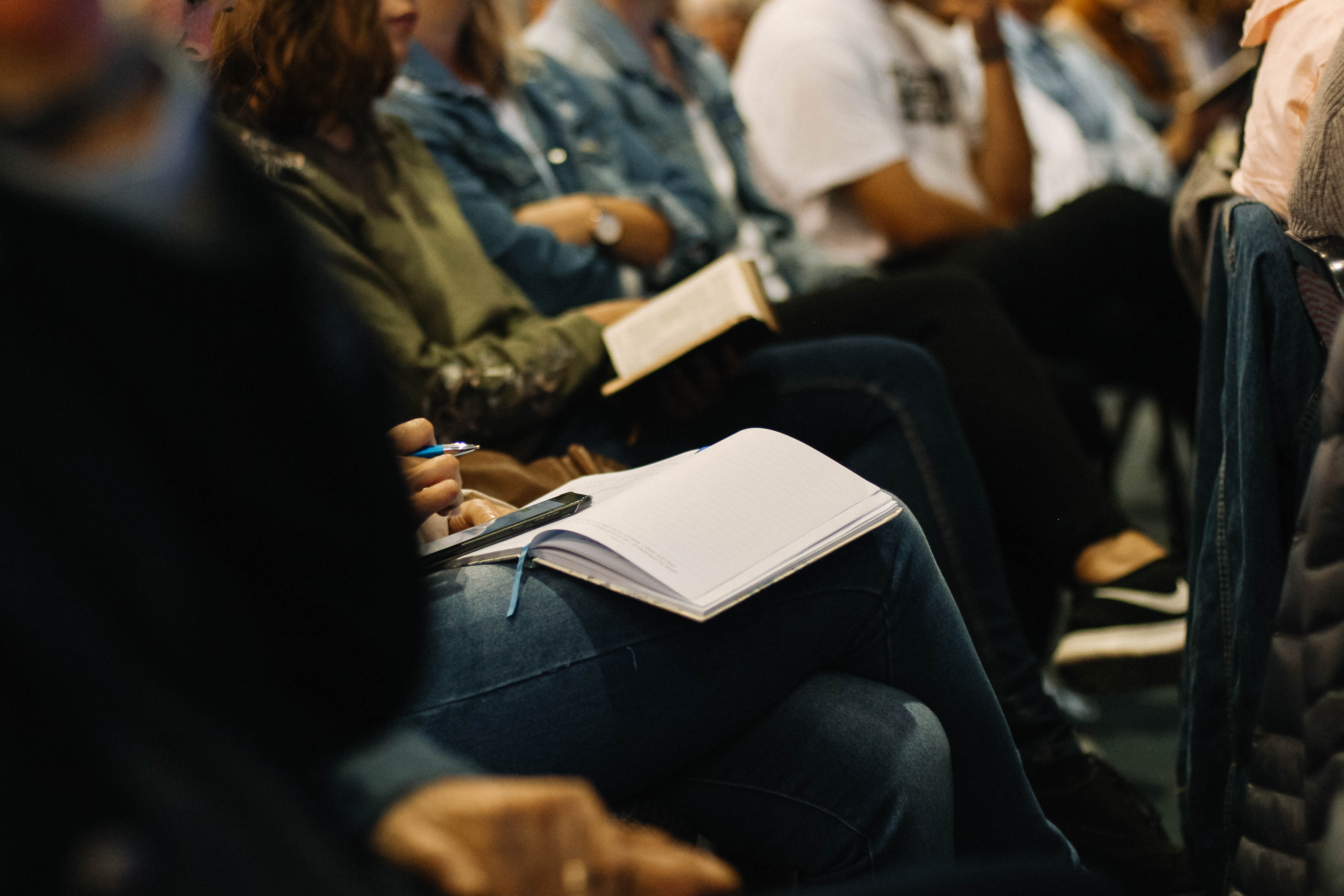
Panel Discussion Michel Naslavsky, Hannah Hope, Parakalan Krishnamachari, Bianca Kramer
Landscape of Open Science Funding across the Global South and Global North.
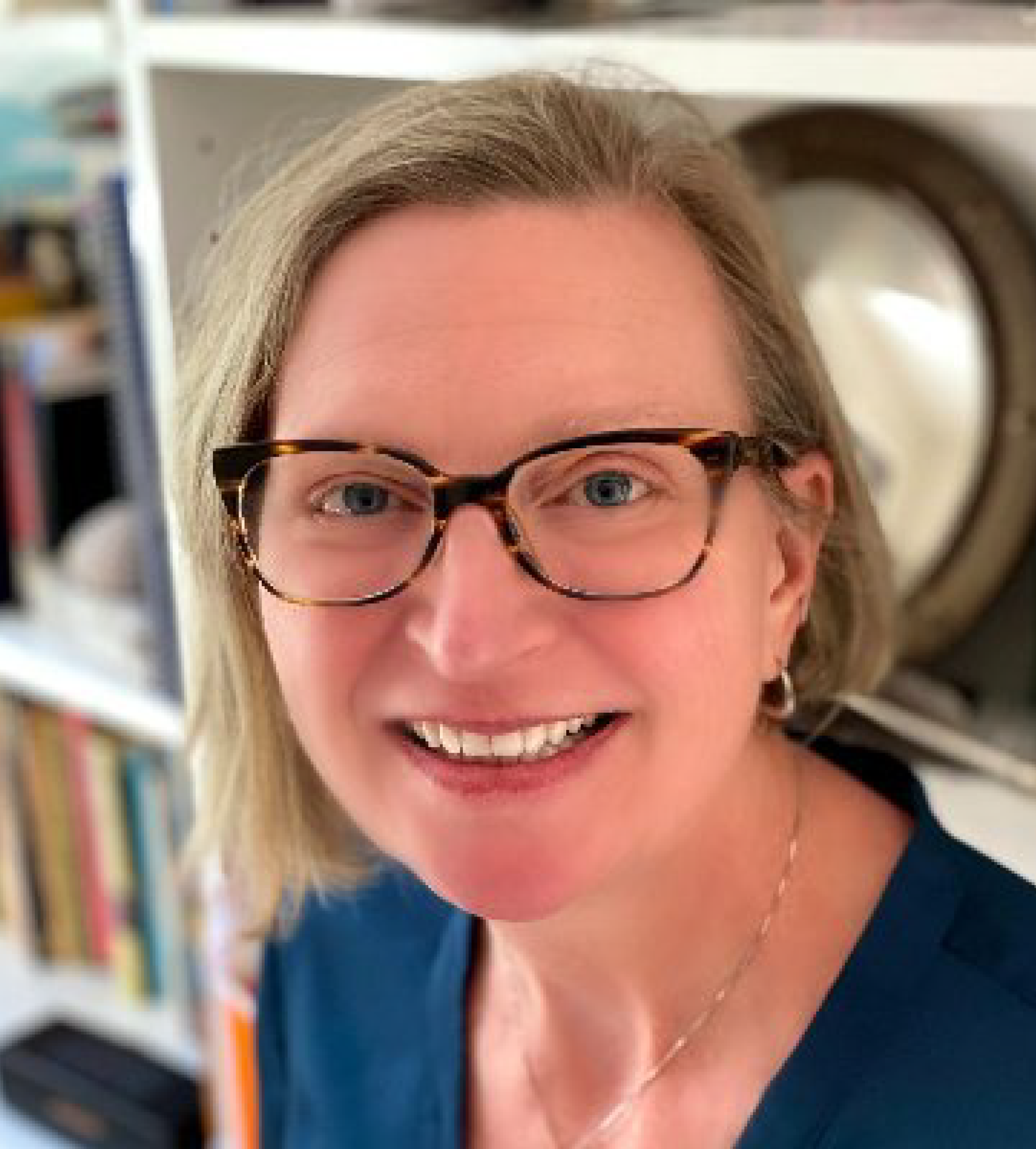
Closing Keynote Chelle Gentemann
NASA's Transform to Open Science (TOPS) initiative.
Social hour
Materials and Recordings
We are happy to announce that the recordings and materials are available online. With registrations from early career researchers spanning more than 40 countries, including Algeria, Argentina, Jordan, Nigeria, Sri Lanka, Saudi Arabia, Turkey, Yemen, and the United Arab Emirates, the event highlighted the significance attached to these issues.
Keynote Speakers
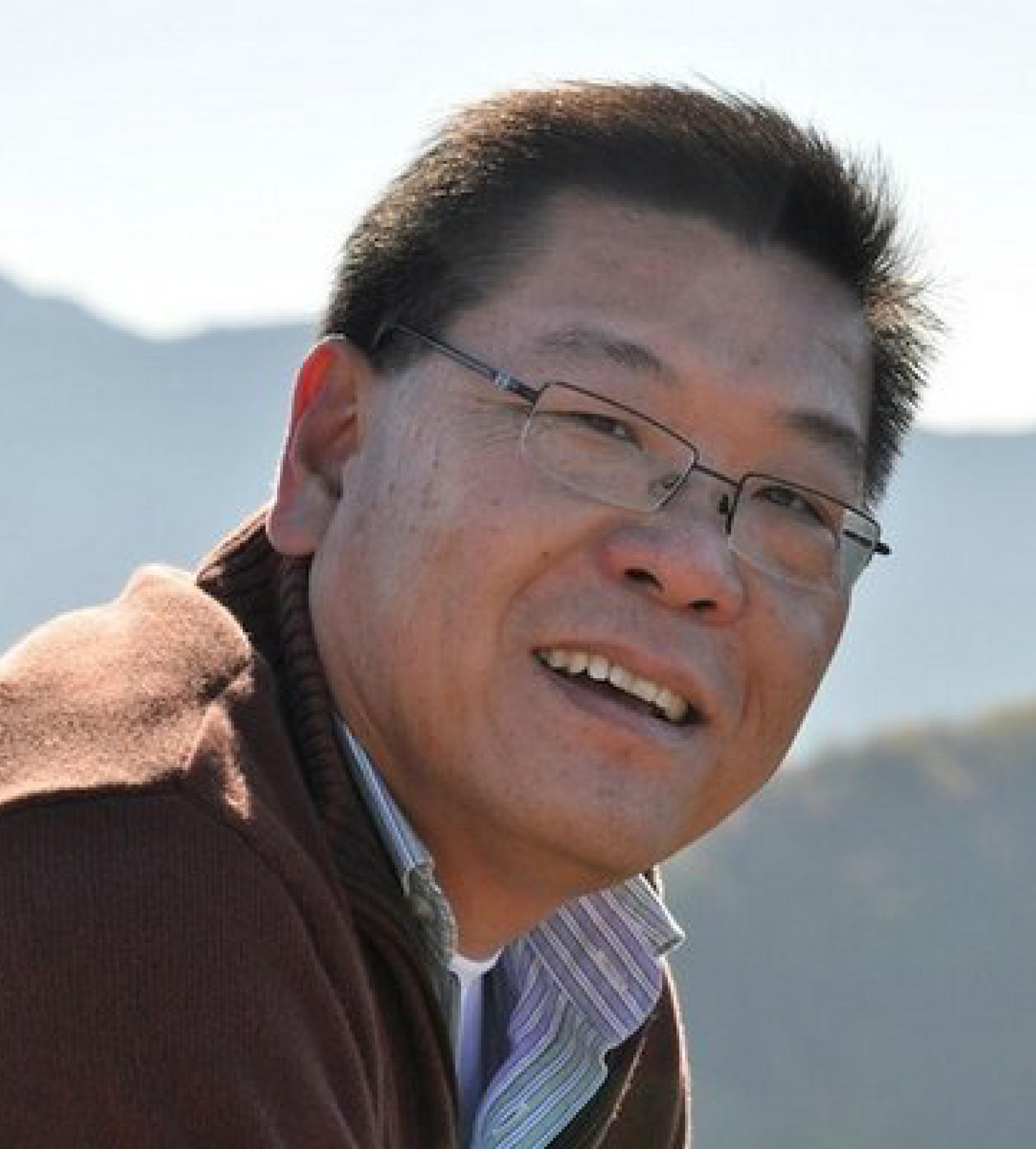
Leslie Chan
Associate Professor in the Department of Global Development Studies and the director of the Knowledge Equity Lab at the University of Toronto Scarborough.

Chelle Gentemann
Program Scientist in National Aeronautics and Space Administration's (NASA) Transform to Open Science (TOPS) Initiative.
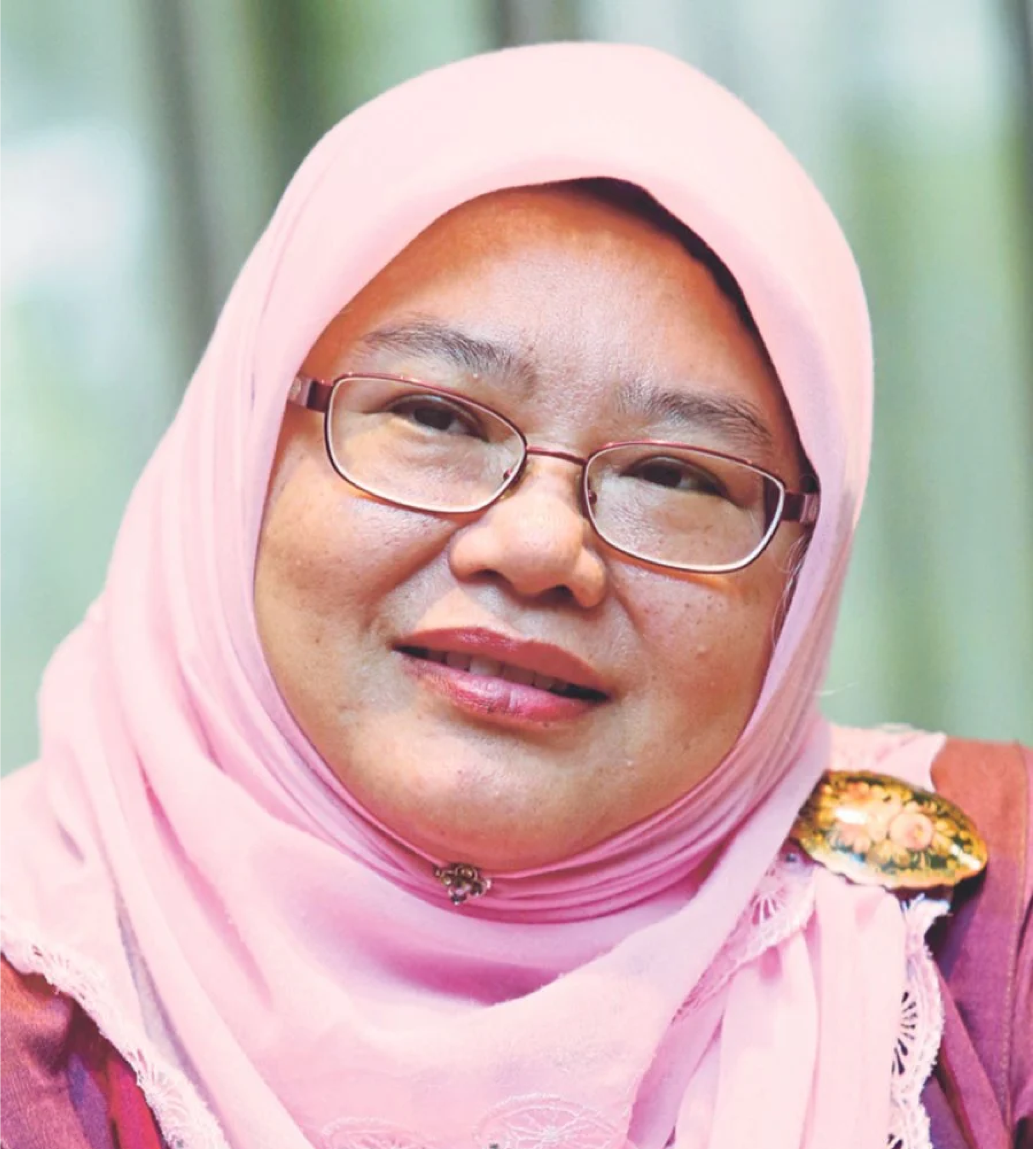
Noorsaadah Abd Rahman
Professor in the Institute of Advanced Study, University of Malaya and Chair for Malaysia Open Science Alliance.
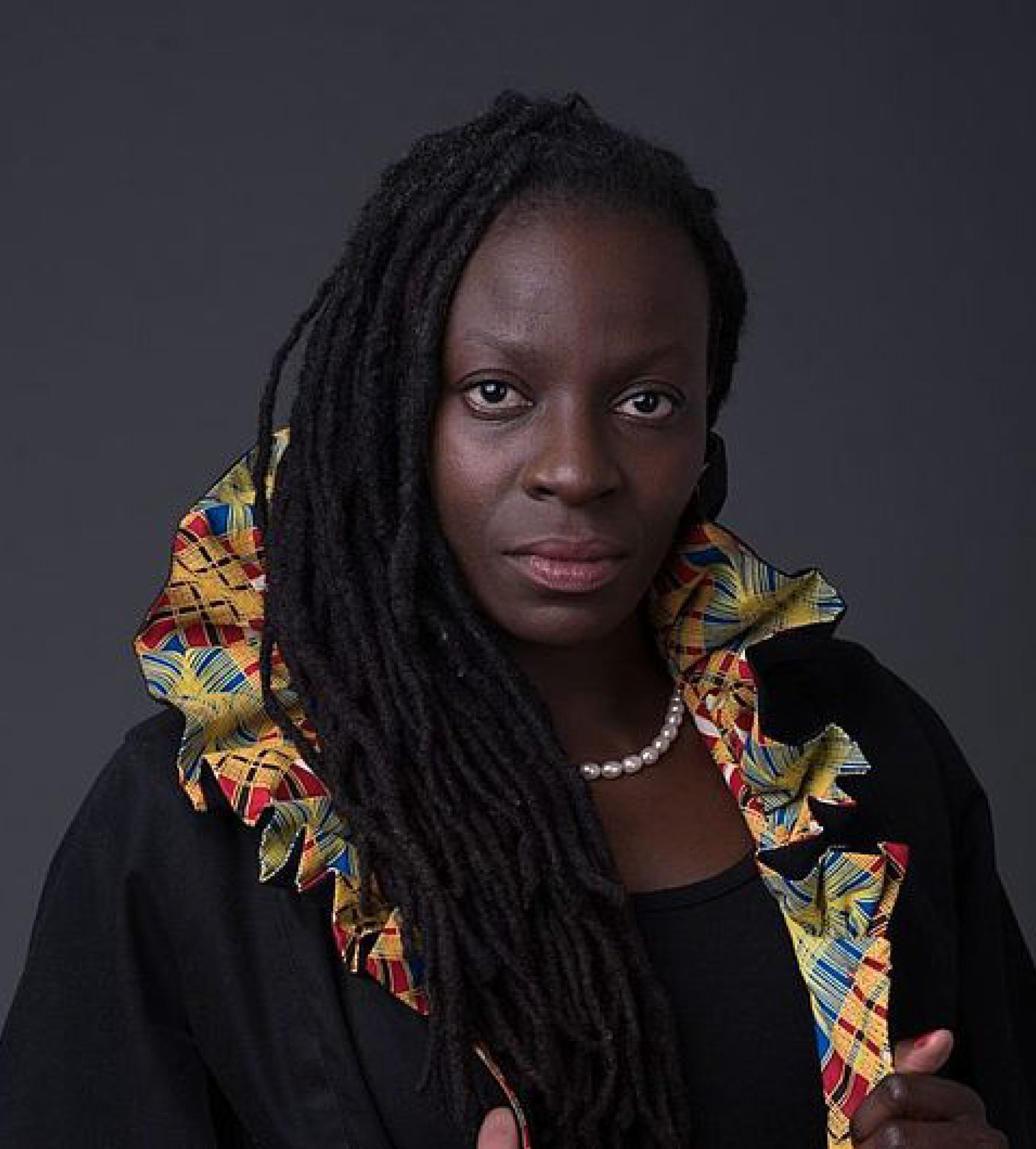
Joy Owango
Director and Co-founder (Science and Scientific Communication) and board member of AfricArxiv - The free preprint service for African scientists.
Code of Conduct
We value the participation of every member of our community and want to ensure that every contributor has a pleasant experience. Everyone who participates in the 2-day symposium on Global Dynamics in Responsible Research is expected to abide by this code of conduct and show respect and courtesy to other community members.
Support
The eLife Ambassadors were supported by the following team.
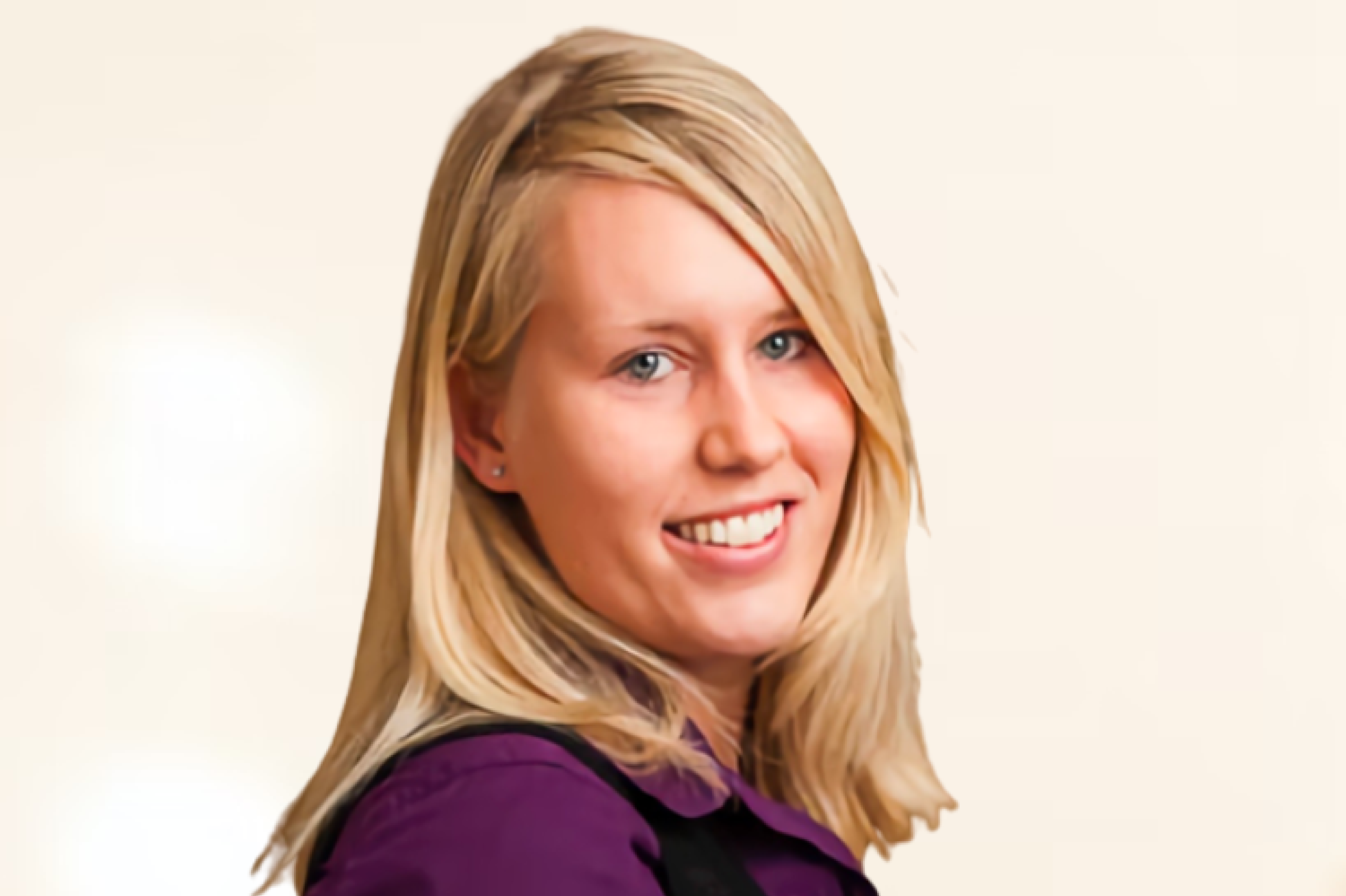
Verena Heise
Freelancer, Neuroscientist, Epidemiologist and Molecular Biologist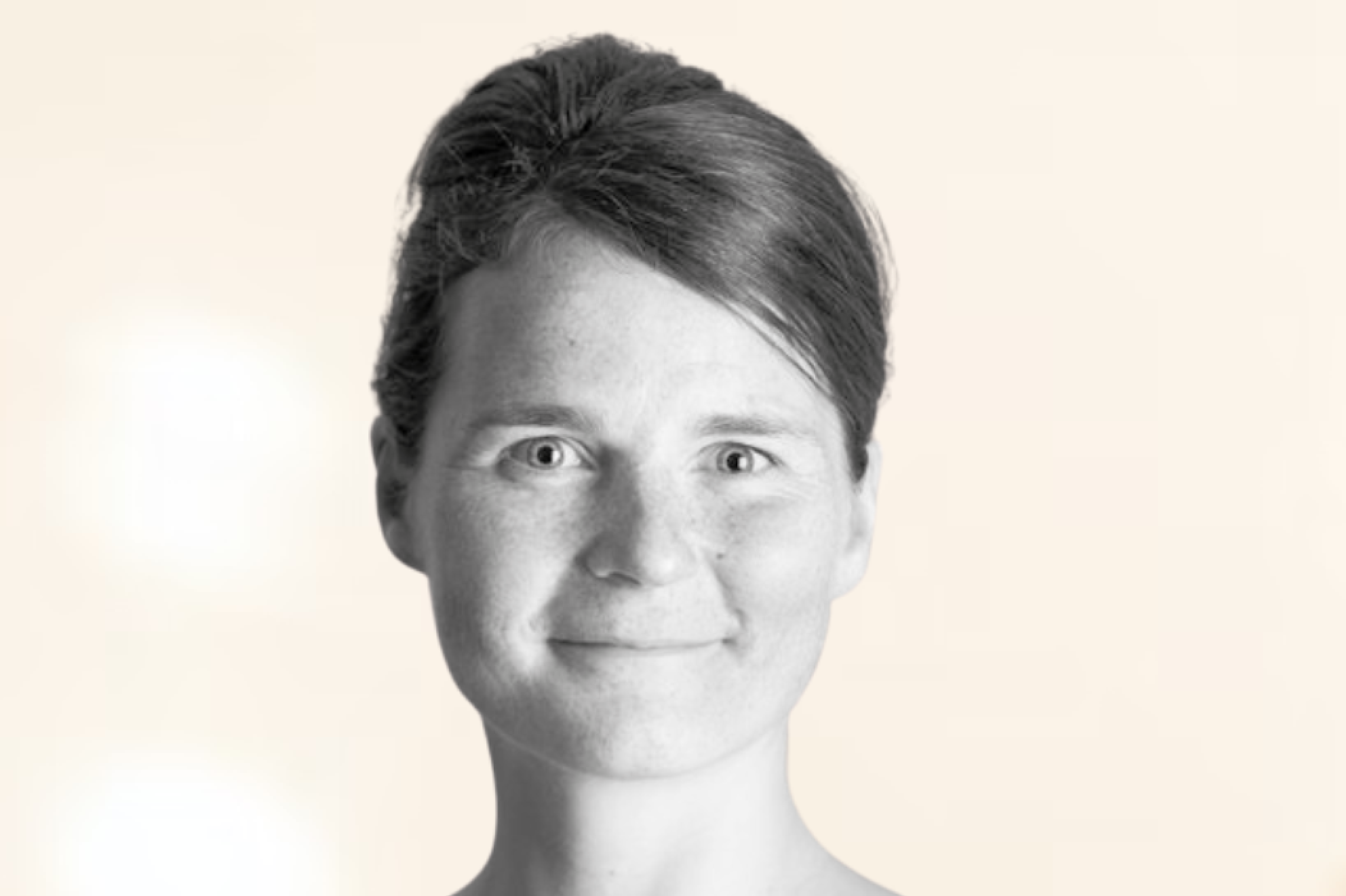
Ulrike Pannasch
Einstein Foundation Award Coordinator for Promoting Quality in Research at the Einstein Foundation Berlin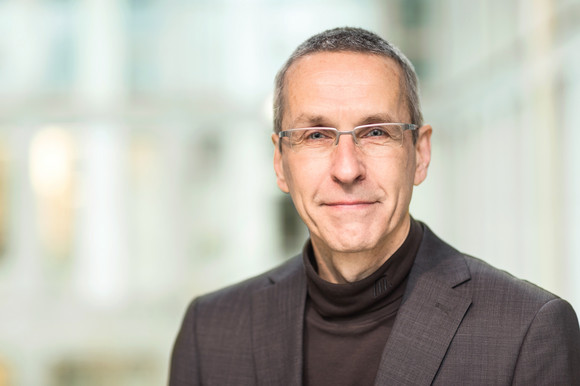
Ulrich Dirnagl
Secretary Einstein Foundation Award, Director BIH Quest Center, Director Experimental Neurology Charité-Universitätsmedizin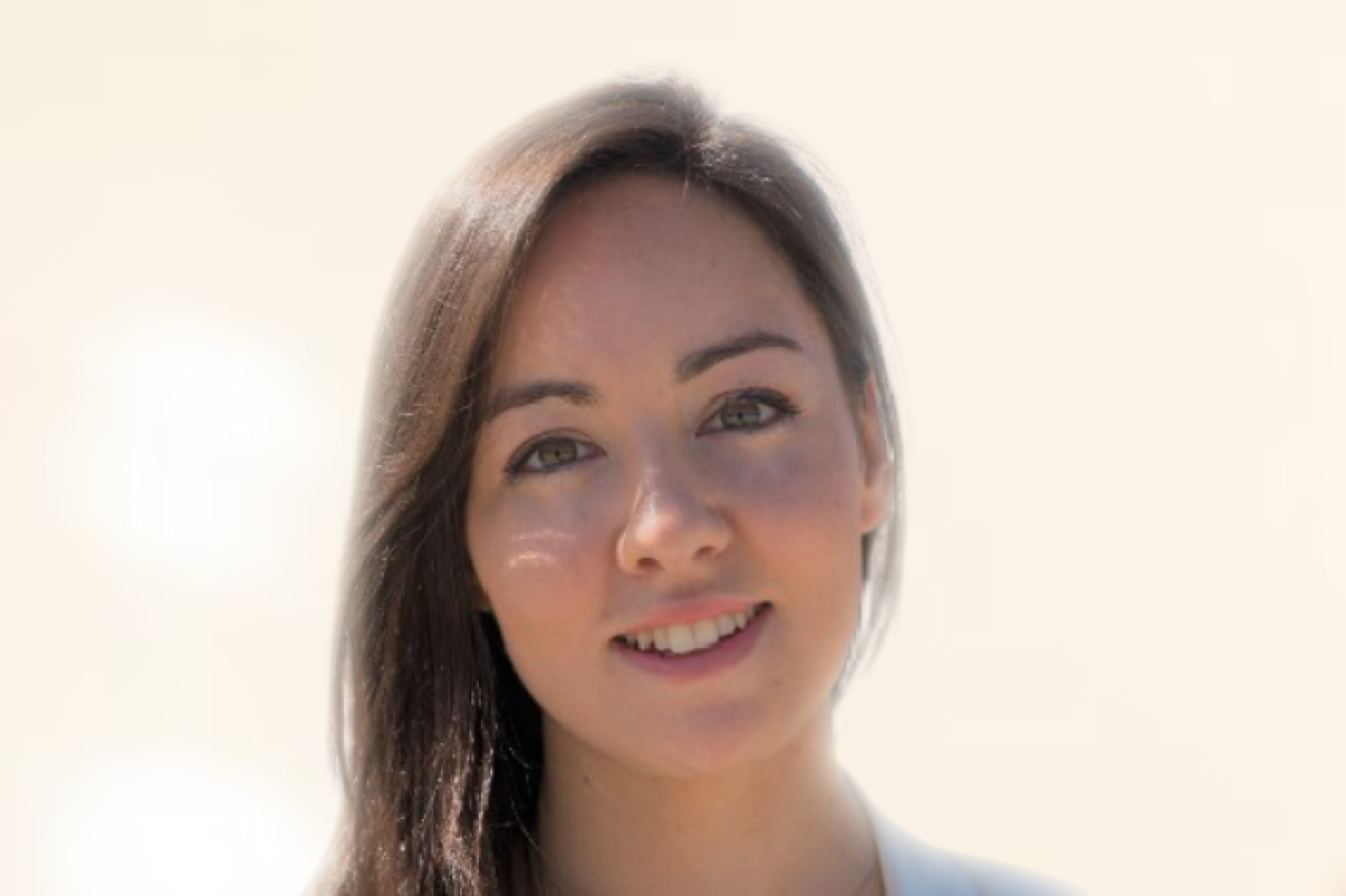
Ailis O'Carroll
Community Manager at eLife Sciences Publications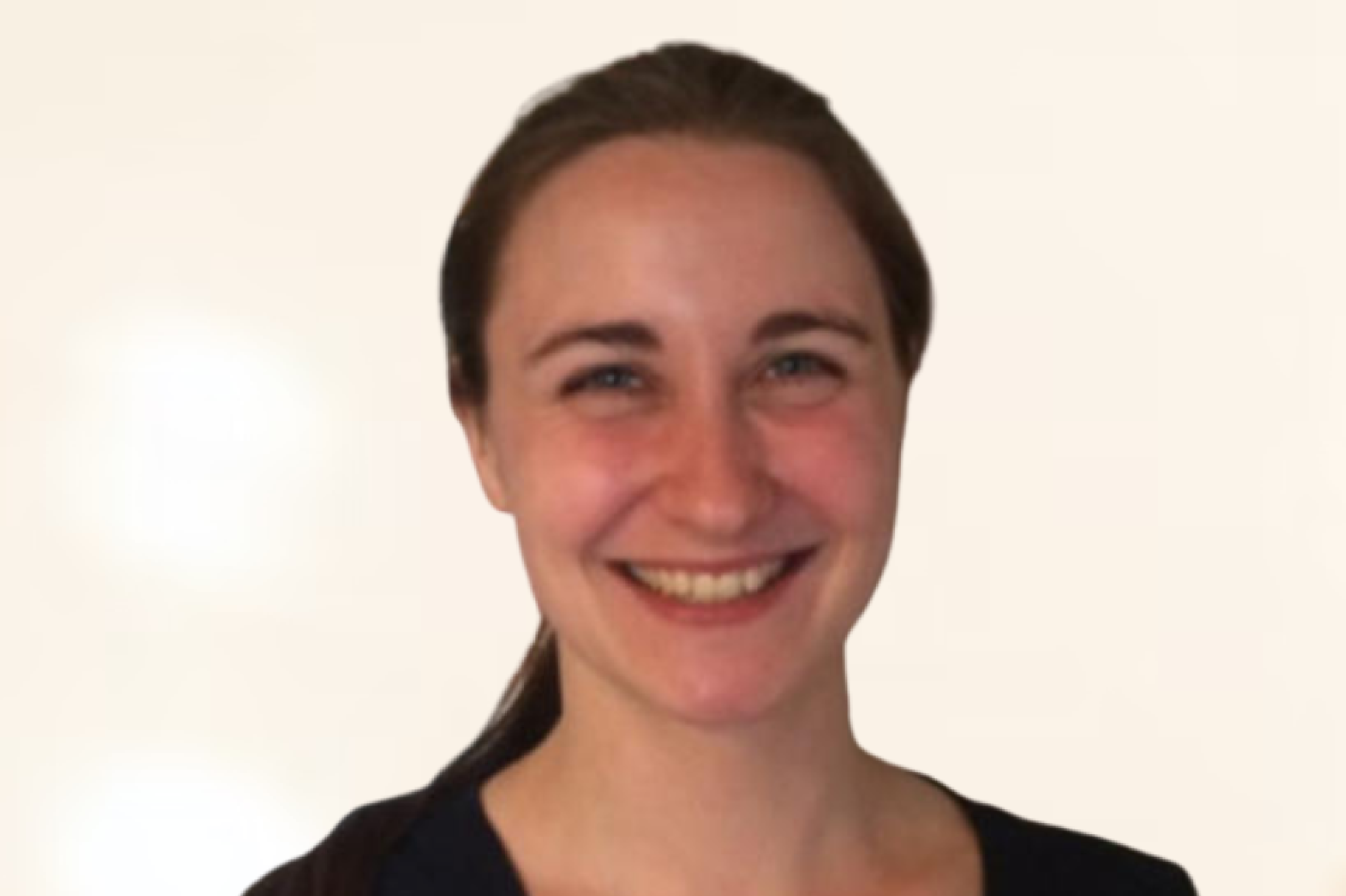
Emilia Böhm
Administrator and Liaison Manager, Oxford in Berlin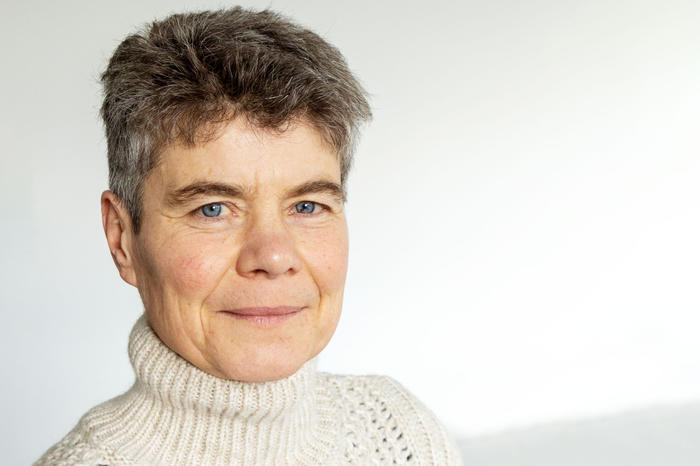
Sybille Hinze
Head of Center for Open and Responsible Research, Objective 3: Advancing Research Quality and Value, Berlin University Alliance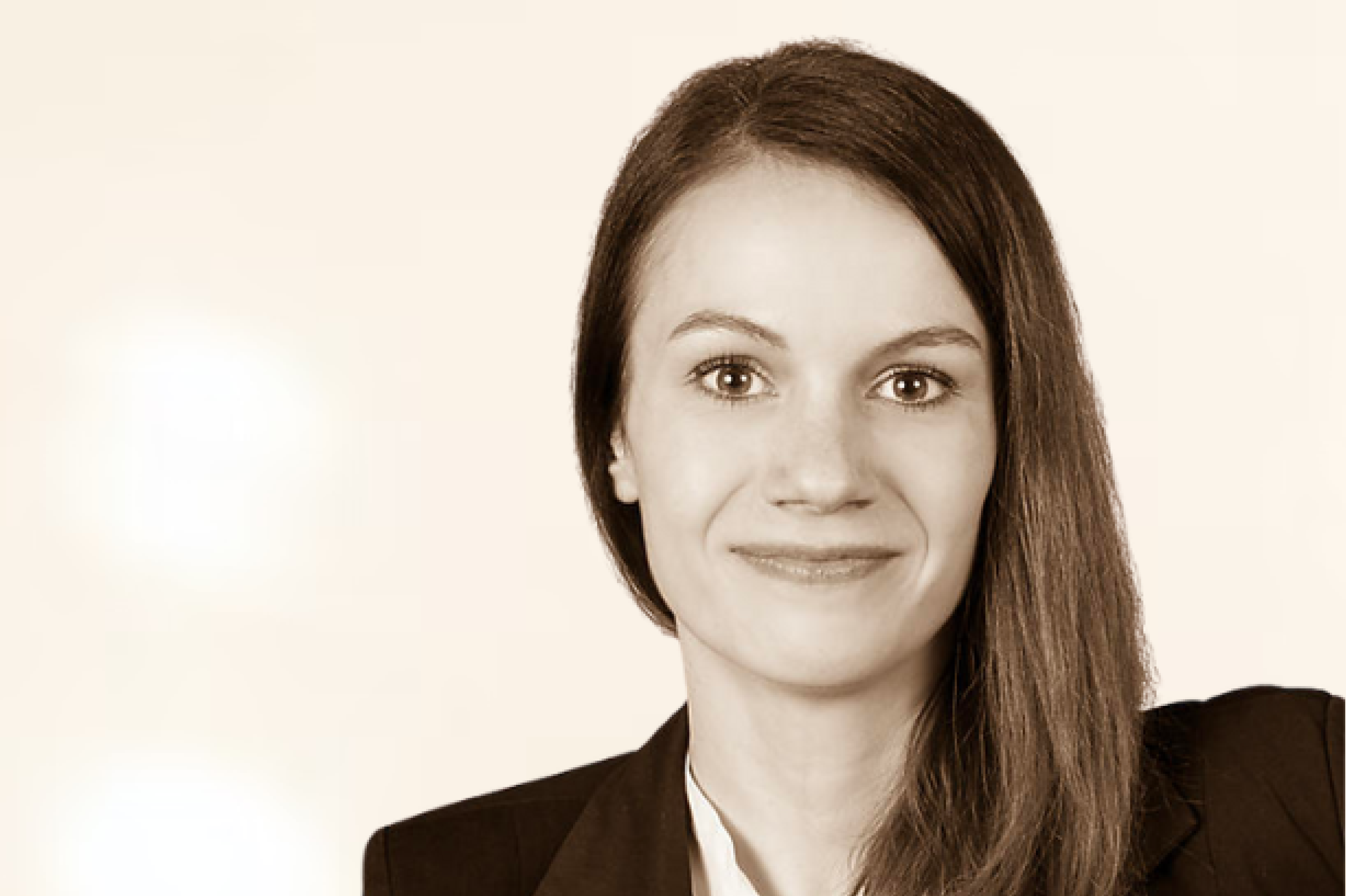
Nele Albrecht
Scientific Coordinator for Research Quality in Objective 3: Advancing Research Quality and Value, Berlin University Alliance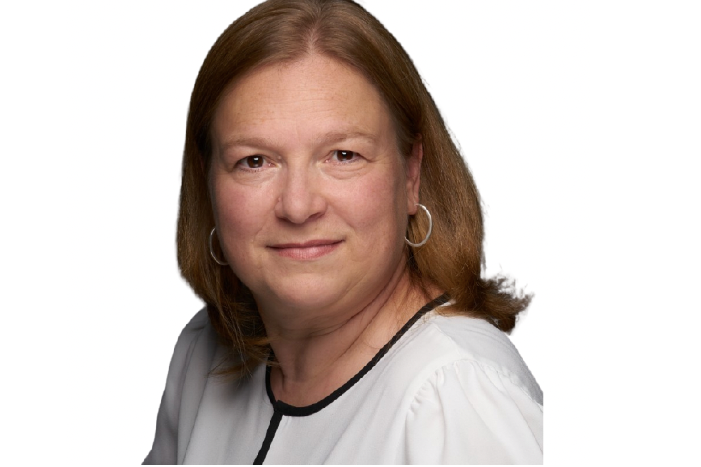
Claudia Kirchert
Communication Manager, BIH QUEST CenterManifesto
The input from this Symposium will be used in a manifesto that is directed towards making science more inclusive from a global perspective and focus on the decolonization of knowledge, representation of research from local communities in non-WEIRD countries, multilingualism in Open Science, and how Open Science, if done wrong, will compound inequities. If you would like to add your input to the manifesto, don't hesitate to get in touch with us or add your name to the etherpad.
Partners
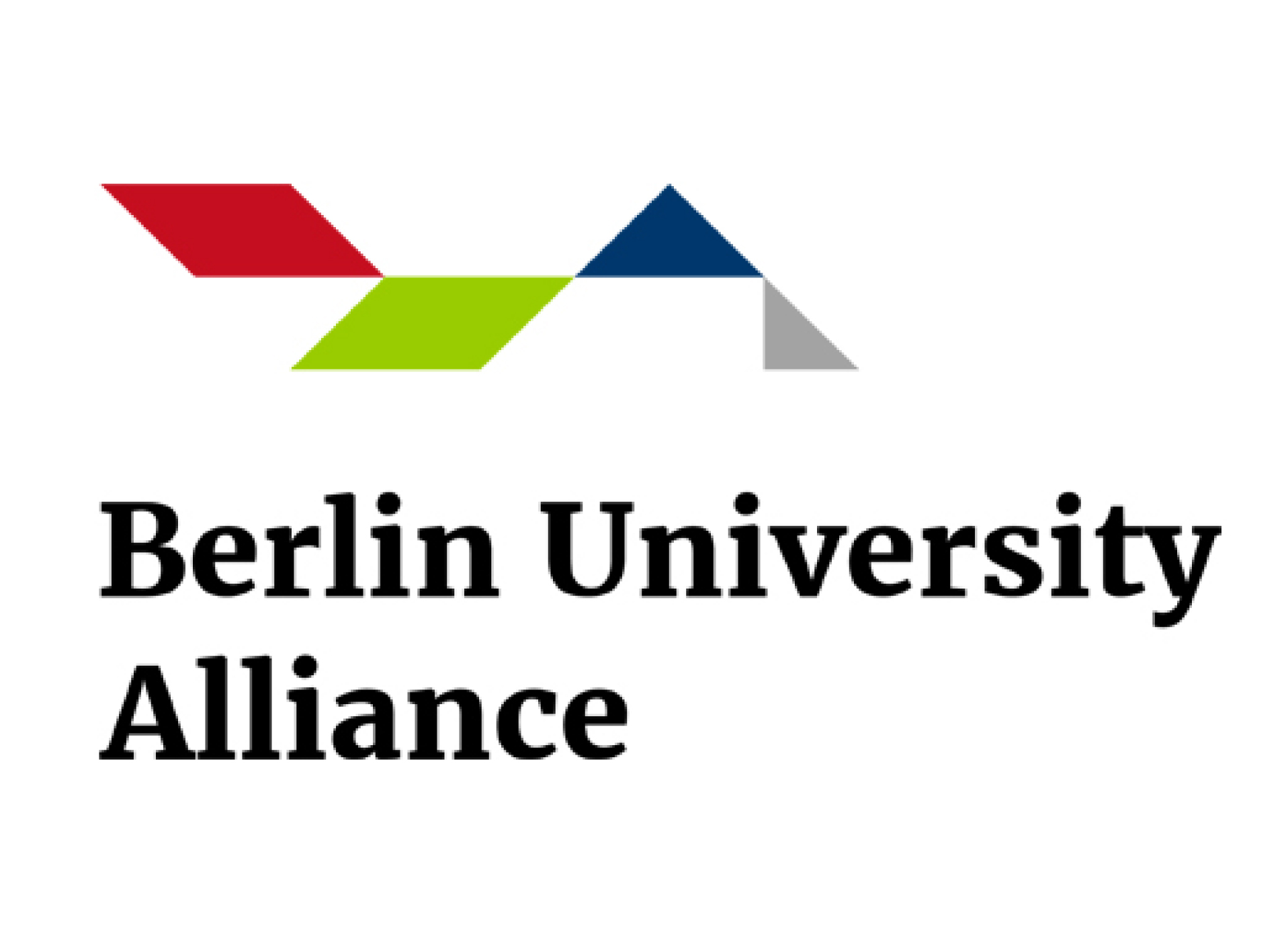
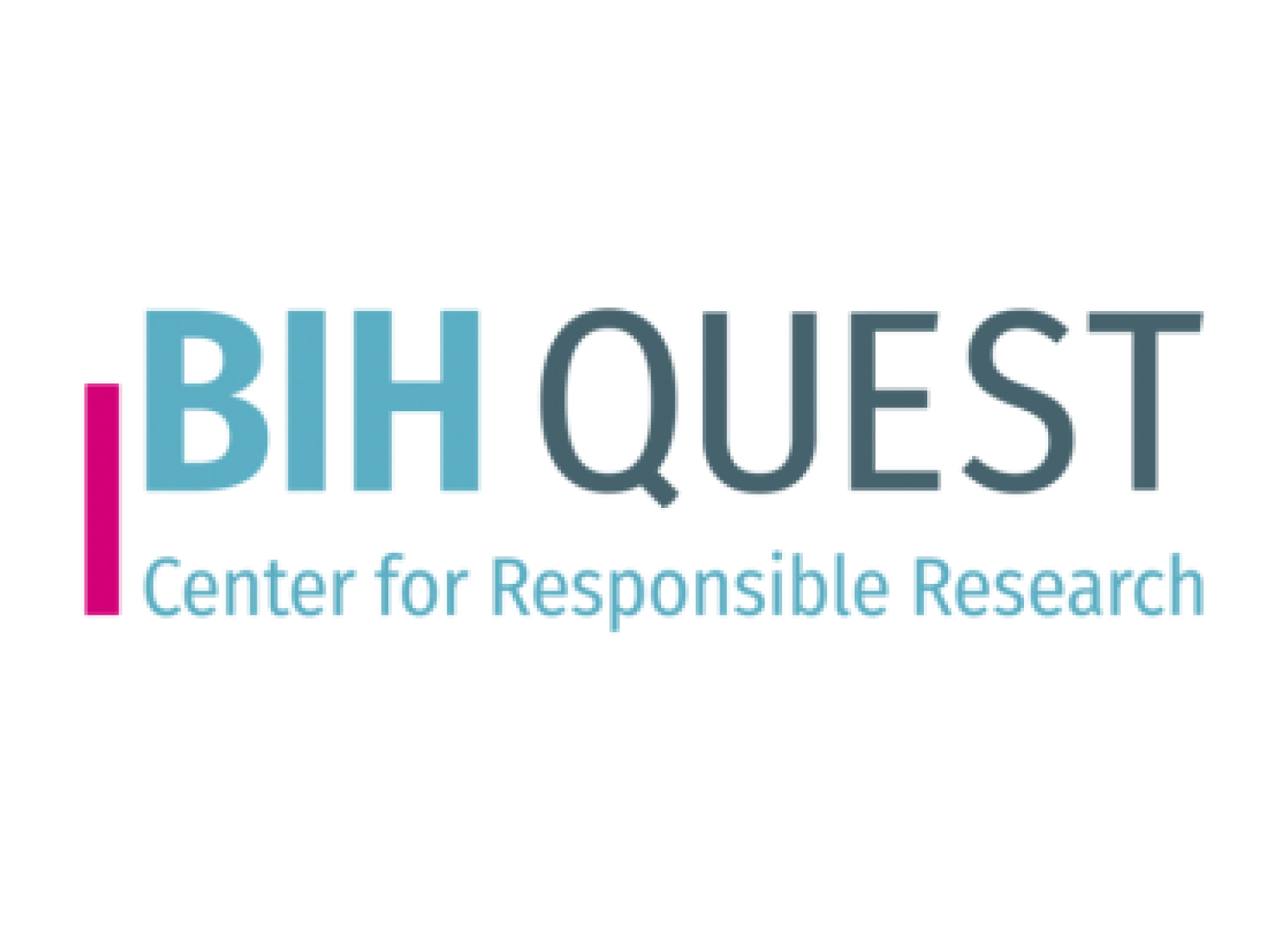
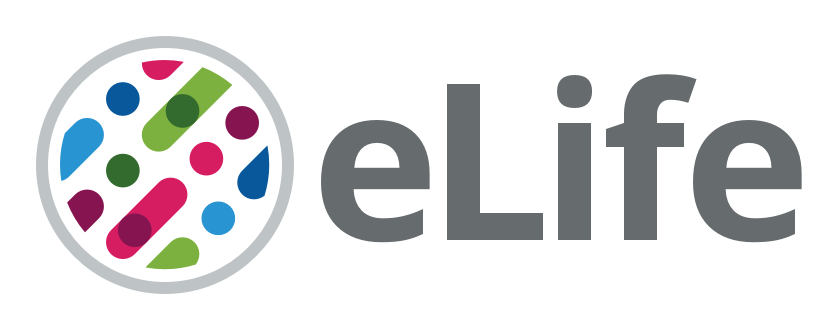
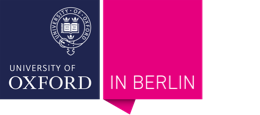
Contact Us
We appreciate your interest in the Symposium. Please send us an E-Mail or fill out the contact form,.

